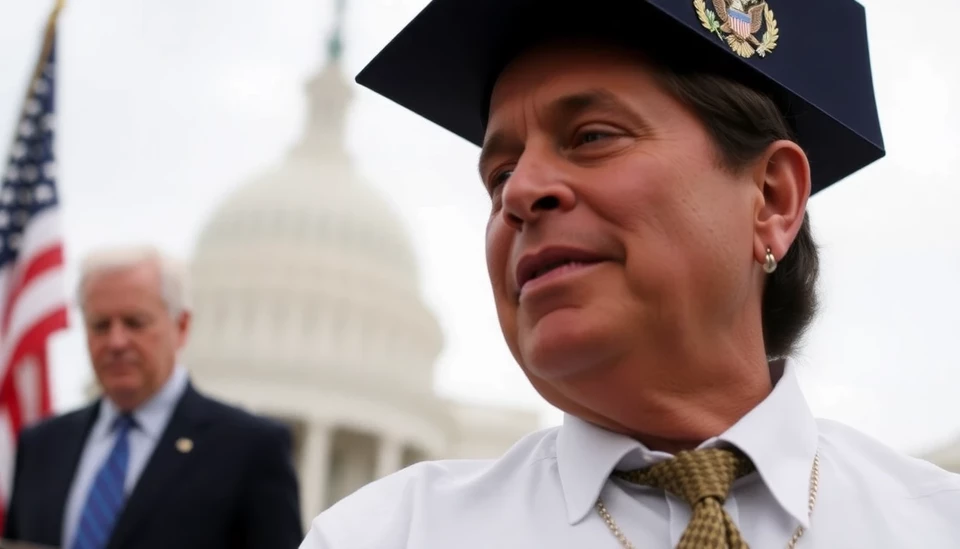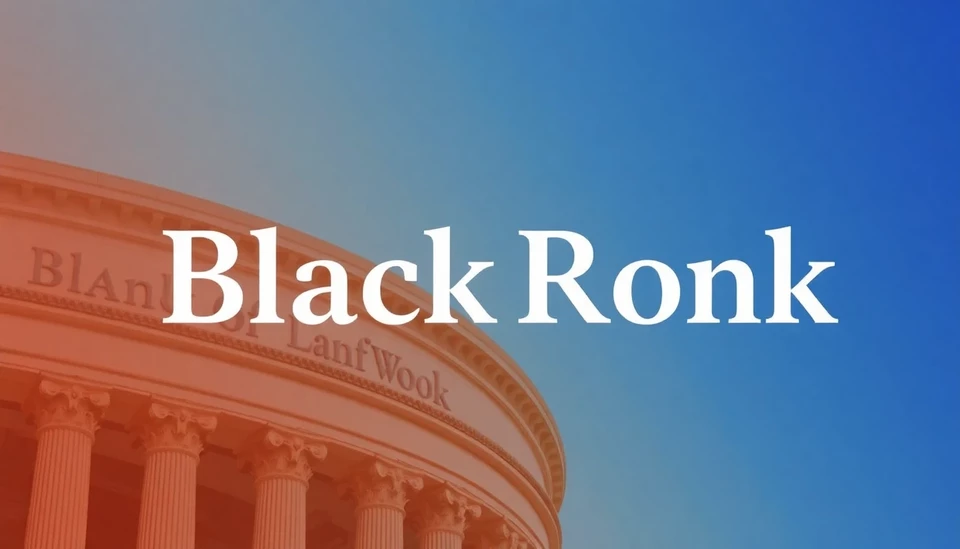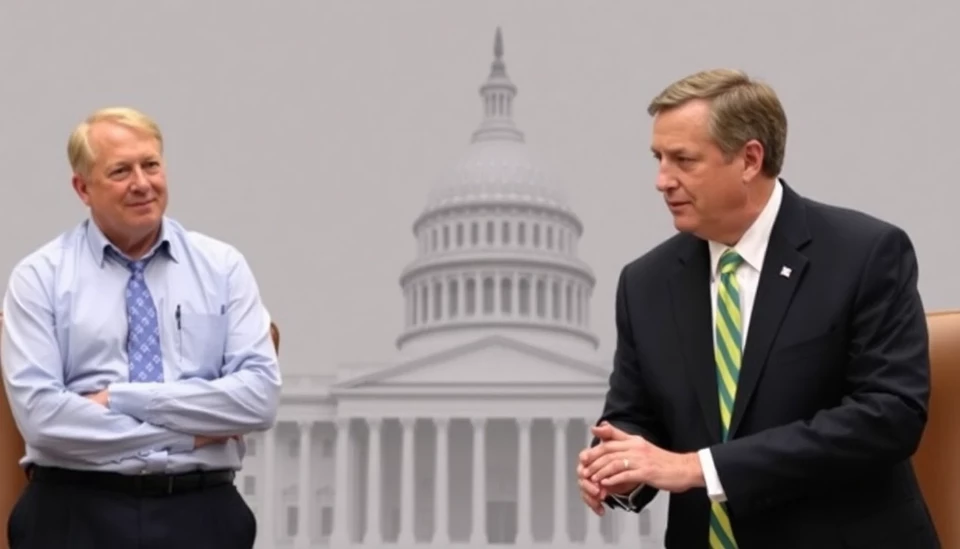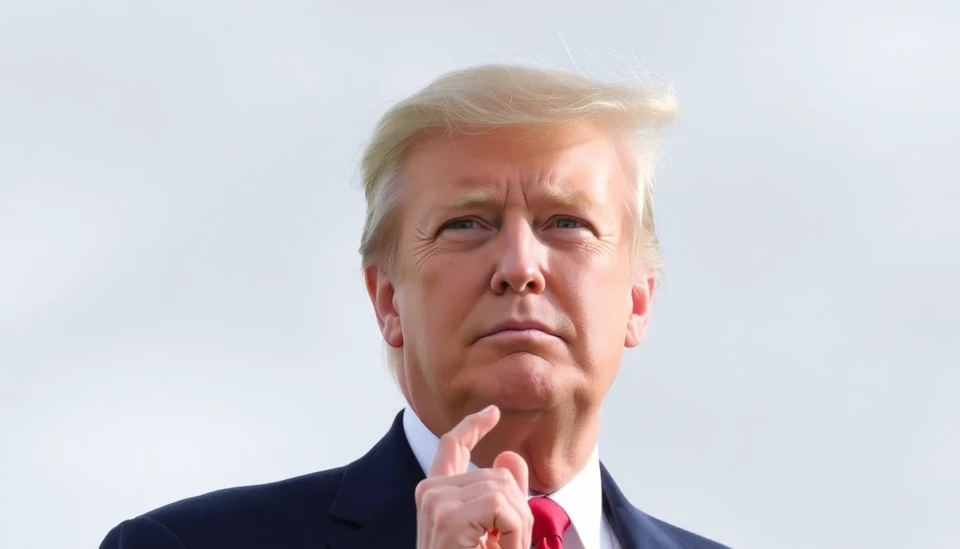
In a surprising turn of events, high-profile Republicans are actively debating a significant increase in the top tax rate for millionaires, potentially raising it to an unprecedented 40%. This proposition has emerged during a turbulent political landscape, sparking divisive opinions and raising questions about fiscal responsibility and economic equity. The debate comes at a time when the party is seeking to unify around key policies ahead of the upcoming election cycle.
As the Republican Party grapples with its identity and vision for America's economy, some influential members believe that implementing a 40% tax rate on the wealthiest Americans could serve as an effective strategy to address income inequality. The idea, though controversial, is being discussed not merely as a means to generate revenue for governmental programs but also as a populist move to appeal to working-class voters who have felt the squeeze of economic disparity for years.
Proponents of the tax hike argue that the current system disproportionately benefits the richest individuals while leaving the middle class and low-income families to bear the burden of funding public services. There is mounting frustration among voters about the perceived fairness of the U.S. tax code, and many view a hike for millionaires as a proactive measure towards rectifying these imbalances.
On the opposite side of the debate, critics swiftly push back against the tax increase, claiming that it could stifle investment and entrepreneurship. These opponents argue that higher taxes on the wealthy would discourage business growth, leading to job losses and decreased income for the very individuals the tax hike aims to support. They caution that prioritizing taxation over economic growth could ultimately harm the economy, particularly in the wake of ongoing challenges brought about by the pandemic and global economic fluctuations.
Furthermore, the discussion surrounding the potential 40% tax rate has ignited broader conversations regarding fiscal policy within the Republican Party. As traditional tax-cutting philosophies are scrutinized, some lawmakers are advocating for a more nuanced approach that balances revenue generation with incentives for growth and investment. This has led to disputes within party ranks, emphasizing the differing perspectives on how to best achieve economic stability and growth in an evolving landscape.
As debates continue to rage, political analysts speculate that the outcome of these discussions could greatly influence the upcoming elections. The Republican Party's stance on tax reform will likely play a crucial role in shaping voter enthusiasm and engagement, particularly among younger demographics who are increasingly interested in economic equity and sustainability.
In summary, the potential hike in the top tax rate for millionaires to 40% represents a fundamental shift in the Republican Party's economic agenda. As conversations ebb and flow, the implications of this move could resonate deeply within the American political fabric, challenging long-held beliefs about wealth distribution in the country.
#Republicans #TaxRate #EconomicPolicy #WealthInequality #MillionairesTax #2024Elections #FiscalResponsibility #IncomeInequality
Author: Laura Mitchell




